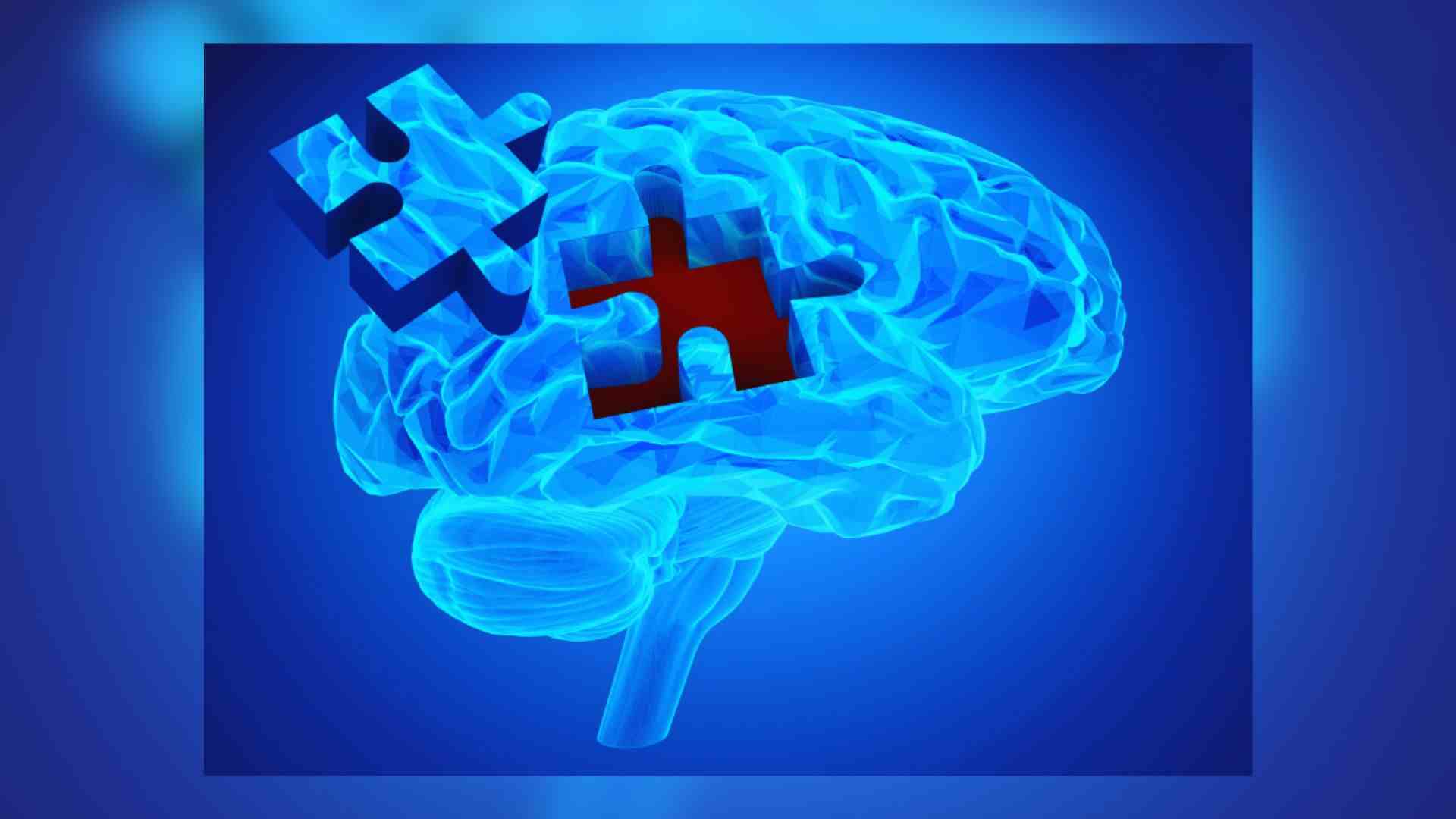As we age, many of us notice that our once-sharp memories become a bit fuzzier. This phenomenon isn’t just about struggling to remember new information but also about the difficulty in updating old memories. Recent research from Penn State University sheds light on these challenges and offers a glimpse of hope for enhancing cognitive flexibility in the elderly.
Researchers at Penn State have identified an enzyme crucial to understanding the age-related decline in memory updating. Their findings, published in Frontiers in Molecular Neuroscience, reveal that blocking this enzyme in senior animals allowed them to perform comparably to younger mice, suggesting that targeted interventions could potentially improve learning in older adults.
“It’s important to understand what’s happening at a molecular level during a memory update because, as humans, most of our memories are updates. We’re constantly building on things we already know and modifying existing memories,” said Janine Kwapis, assistant professor of biology and senior author of the study. She noted, “But no one has really looked to see if the mechanisms behind memory formation and memory updating are identical or if they are unique for memory updating. This is a step forward in figuring that out.”
READ MORE: Study Predicts 93% Increase In Cancer Cases And Deaths Among Men By 2050
The brain’s process for forming and updating memories involves intricate biological mechanisms. When a memory forms, the brain undergoes consolidation, a process where cells express proteins at the synapse—the communication gap between neurons—allowing the memory to be stored. “When you’re presented with new information, you have to bring that existing memory out of storage and weaken it so it’s ready to take on new information,” Kwapis explained. “Once the new information is learned and those new neurons are incorporated, the updated memory is solidified and stored again.” However, this process, known as reconsolidation, becomes less effective as we age.
To delve deeper, the researchers focused on histone deacetylase 3 (HDAC3), an enzyme that regulates gene transcription. While previous studies highlighted HDAC3’s role in memory formation and consolidation, its impact on memory reconsolidation had not been explored. “HDAC3 typically tightens up the chromatin, a complex of DNA and proteins, and makes it hard for transcription to happen,” said Chad Smies, a doctoral student in biology and first author of the paper. “If we block this enzymatic activity from happening, it may help maintain a more open chromatin state and improve gene expression.”
In their experiments, blocking HDAC3 during the memory reconsolidation phase prevented the usual age-related deficits in memory updating. Older mice, when HDAC3 was inhibited, demonstrated memory update performance on par with their younger counterparts. The researchers used a specialized methodology known as the objects in updated locations paradigm to assess this. This approach involves training mice to learn the locations of objects, updating their locations, and then testing the mice’s ability to recognize both the original and new locations.
“Mice like novelty so if they have good memory for the training session or the update session, they’ll explore the novel object location more,” Smies noted. “But if they have poor memory, they tend to explore the previously learned locations equally as the new location.”
The implications of this research are profound. By identifying molecular mechanisms like HDAC3, the team hopes to uncover new therapeutic targets that could enhance cognitive flexibility in aging populations. Kwapis added, “If these mechanisms improve memory in normal aging, they could potentially help with conditions like Alzheimer’s disease and dementia too.”
The study’s other contributors include Lauren Bellfy and Chad Brunswick, both doctoral students at Penn State, along with undergraduate students Destiny Wright and Sofia Bennetts, postdoctoral scholar Mark Urban, and Guanhua Shu, a graduate student at Harvard during the research.
As we continue to explore the complexities of memory and aging, this breakthrough offers promising avenues for improving cognitive health and quality of life in the elderly.
(Includes agency inputs)
ALSO READ: New Study Links Fatty Acids In Umbilical Cord Blood To Autism Risk





